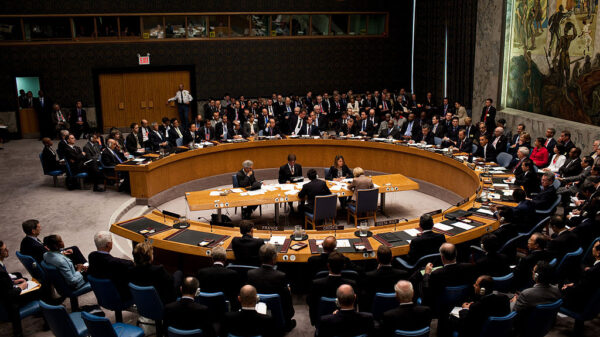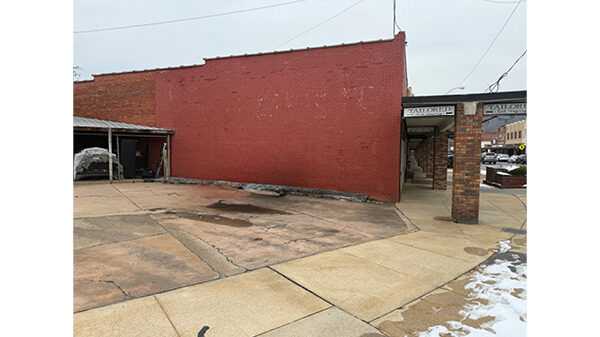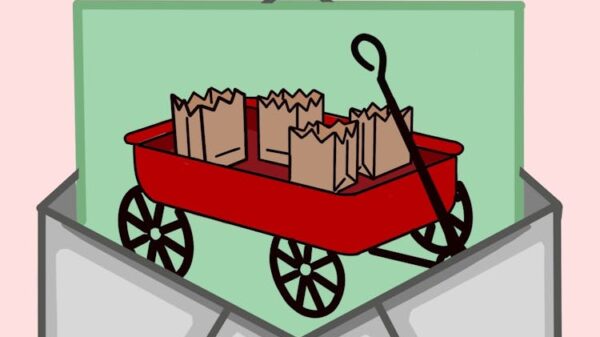As winter approaches, Betty Heath finds herself grappling with the burden of excess possessions. The changing season brings not only the chill of colder weather but also a desire to declutter her life. With leaves still clinging to trees, she reflects on the cycle of accumulation that many experience, pondering why we are often compelled to gather more “stuff.”
Heath describes her storage closet under the stairs, which has become a catch-all for items she no longer uses. Her daughter’s observation that life revolves around a constant movement of possessions resonates with her. “We are constantly moving stuff, dusting stuff, or trying to sell stuff,” she notes. This endless cycle leads to complaints about having too much, yet the desire to acquire more continues.
Family dynamics can complicate the situation further, particularly when it comes to inherited items. Heath recalls a friend’s story about a family squabble that erupted after the passing of their last parent. The adult children gathered at their family home, where tensions escalated. While the sisters argued in the kitchen over what to keep, the men took drastic action. They cleared the home of valuable antique furniture and accessories, burning everything in a pile outside. This shocking conclusion to the family feud serves as a cautionary tale about the emotional weight of possessions.
In another anecdote, a friend possesses a piano in need of restoration alongside ten complete sets of fine-bone china, trimmed with 24-karat gold. These items, believed to have been brought to America by ancestors who landed at Plymouth Rock on November 11, 1620, carry significant sentimental value. However, an appraisal revealed that the china’s worth might increase if sold for its gold trim, illustrating the often conflicting emotions tied to valuable possessions.
In light of current economic challenges, many individuals, including Heath, find themselves holding onto their belongings. The worry over larger items is compounded by the stress of smaller ones, leading to introspection about whether personal worth is tied to material possessions.
As she contemplates the task of sorting through her belongings, Heath admits she might postpone the decision-making until the following day. The thought of simply discarding everything to start anew lingers in her mind, highlighting the complex relationship many have with their accumulated items.
In a world where consumerism often dictates value, Betty Heath’s reflections on “stuff” serve as a reminder to consider what truly matters in our lives.



































































